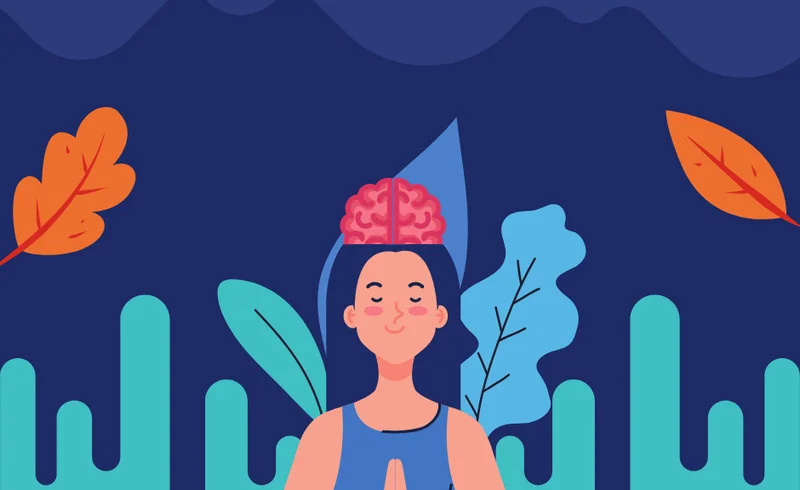May: Mental Health Awareness Month – Time to Break the Silence
Opinion Piece – by Theano Touma, child psychiatrist, member of the Child & Adolescent Mental Health Initiative
Maria, 14 years old, is one of those children struggling with stigma and isolation. She is quiet and withdrawn at school, and lately she has been distancing herself from her friends. Her teacher noticed, but when she asked Maria, the girl awkwardly replied that she was tired.
Every morning, Maria wakes up with a knot in her stomach and an unexplained anxiety that overwhelms her. She struggles to concentrate in class and studying, which she once loved, now feels like an insurmountable task. Even when she’s with friends, she can’t enjoy herself like she used to.
She wishes she could talk, to ask for help. But something holds her back.
When a child breaks an arm, everyone rushes to help. No one tells them to “just get over it.” But when a child feels anxiety, fear, or sadness, they often hear: “You’re exaggerating,” or “It’s all in your head.”
This is the stigma of mental health. For Maria, it means pretending everything is fine. For other children, it means being afraid to ask for help. It’s not just the difficulties they carry — it’s also the burden of having to hide their feelings so they won’t be stigmatized.
When Parents Stay Silent
The weight of stigma does not fall solely on children. Often, parents themselves struggle to recognize or talk about the difficulties their child is facing.
According to research by the Child & Adolescent Mental Health Initiative, the main factors that sustain stigma are:
- parents’ fear that their child will face criticism or isolation,
- difficulty discussing their own mental health issues,
- uncertainty about where to seek help,
- lack of information,
- concern about long-term consequences.
A key finding: nearly 4 in 10 parents (39%) acknowledge that their child has a mental health issue, but only one-quarter of them seek specialized support.
At the same time, many educators feel they lack the support or training to recognize and address such challenges.
All these factors build an invisible wall of silence around children. And this is the wall we must tear down.
The Fear of Asking for Help
Yiannis, 16, experiences intense anxiety attacks daily. On the school bus, he feels his chest tighten, his hands tremble. He’s afraid he’ll faint in front of everyone. But he dares not tell anyone — not his friends, not his family — because he fears they will call him “overdramatic” or “weird.”
If we look carefully around us, we will see many other kids like Maria and Yiannis: children who withdraw into themselves, who respond with anger or indifference, who quietly retreat.
Stigma makes them fear not only what they feel but also the possibility of being judged for it.
Stigma Is Not Always Visible
It doesn’t necessarily show up in "loud" behaviors. Often, it hides in avoided glances, awkward jokes, or friend groups that quietly pull away.
In the digital world, a sarcastic comment or the pressure of "likes" can become yet another burden. Stigma pushes teens to delete messages before sending them. It makes them hesitate to book an appointment with a specialist. It makes them believe that if they admit they are not okay, they will be stigmatized.
But every child deserves to feel safe and supported — to know they can ask for help without fear. Because every child who dares to speak up takes a step closer to care and relief.
CAMHI’s Actions
The Child & Adolescent Mental Health Initiative supports professionals working with children and adolescents through scientifically grounded training programs. At the same time, through the Youth Engagement Scheme (YES), it gives young people a voice, highlighting their views and needs.
May is the Mental Health Awareness Month. But the need to support children and adolescents is daily.
We don’t need to be experts to offer support. It’s enough to stand by them. To listen without judgment. To see beyond the silence. To create space for real conversations.
Because asking for help is not a weakness — it’s an act of strength.
Visit our pages at camhi.gr to find resources and educational programs for teens, parents, educators, and health and mental health professionals.
You can also find valuable materials from the Youth Engagement Scheme (YES), approved by the Ministry of Education, for use in schools.




